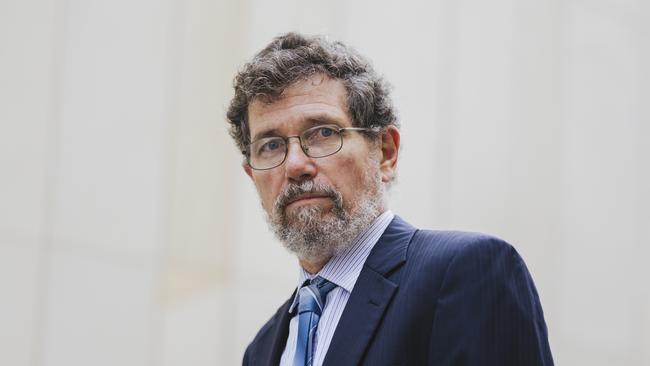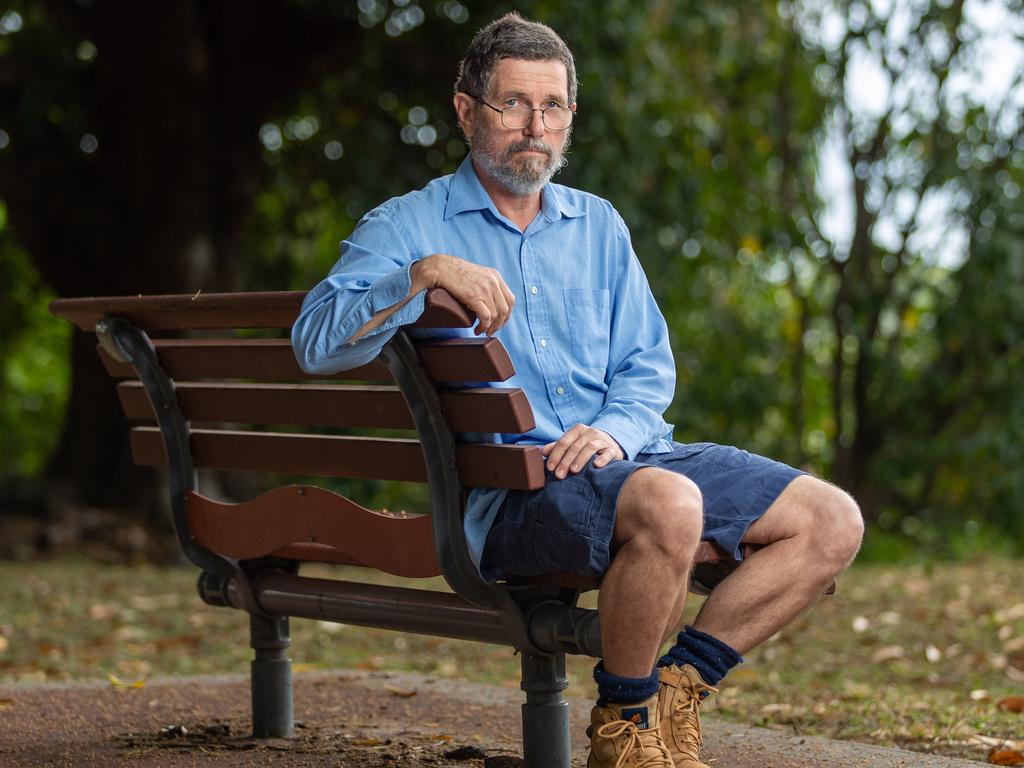Peter Ridd’s lost battle a key win in war for academic freedom

The High Court recognised the importance of academic freedom without equivocation or dissent. It spoke with one voice in describing the freedom as a defining characteristic of our universities, and how they must embrace critical and open debate and a spirit of free inquiry. The court recognised academics speaking out and debating contentious issues, however unpopular, benefits the whole community.
Most importantly for Ridd, the High Court accepted his argument that academics need not be courteous or respectful. The court referred to Voltaire, Rushdie, Galileo, Darwin and Wilde in recognising scholars must be entitled to depart from civil norms, however embarrassing or disrespectful this may be to their peers. The court even ended with a powerful quote from John Stuart Mill that banning discourteous and disrespectful conduct may be a “convenient plan for having peace in the intellectual world”, but that the “price paid for this sort of intellectual pacification is the sacrifice of the entire moral courage of the human mind”.
Every freedom has its limits including, as the High Court recognised, intellectual freedom. For example, it cannot permit an academic to break the law by inciting violence and hatred against another person due to their race. It is also reasonable for universities to maintain the confidentiality and integrity of their disciplinary processes. Intellectual freedom does not permit an academic accused of sexually harassing a student to breach the confidence of a disciplinary process by publicly criticising and revealing the identity of the complainant.
Another important limit is that academic freedom is not a general freedom of speech. It does not protect a scholar making comments outside their academic expertise, nor in speaking publicly about matters unconnected to their university. There are good reasons this sort of speech should be protected, but it is not the job of academic freedom to do so. It requires legislation enacted by parliament to protect freedom of speech more generally.
The findings of the High Court supported Ridd in his trenchant criticism of his colleagues’ research, including those he had accused of “grossly misusing” scientific data. The court found James Cook University was wrong to censure him for the statements, and that these statements did not justify his dismissal.
Ridd then ran into difficulty because of how he argued his case, which a lower court described as “inexplicable” and the High Court as “curious”. In particular, he did not dispute the findings by JCU that each of his actions amounted to misconduct. In the words of the High Court, “given the manner in which Dr Ridd’s case has been presented”, notably “the all-or-nothing presentation of his case”, he lost because he failed to show all of his comments were protected by intellectual freedom. This was unfortunate for Ridd and a boon for JCU because the outcome may have been different. Unusually, the court even spelt out some of the arguments Ridd might have put to justify the opposite result. However, these arguments were not put to the court, and so it had no choice but to find for JCU despite Ridd winning the key battle over the meaning of intellectual freedom.
Ridd lost his case, but the High Court decision bearing his name will have a large and lasting impact on academic freedom in Australia. It sets down a clear legal marker about the broad content of the freedom, including that academics must not be punished for criticising the research of colleagues in intemperate or discourteous ways. This will cut across codes of conduct in Australian universities that prioritise respectful behaviour. It will also underpin the effectiveness of the new French model code on freedom of speech adopted by every Australian university.
Ridd’s case is a positive development but will not end debate about the ability of academics to speak freely. The High Court rightly recognised intellectual freedom has its limits and is not a general freedom of speech. Ridd has expressed disappointment at this aspect of the case, and that the court did not protect him in speaking outside his area of expertise. However, such comments lie outside academic freedom and need to be part of a broader protection. It is something our governments and parliaments must tackle. The next step should be to change the law to guarantee freedom of speech for all Australians.
George Williams is a Deputy Vice-Chancellor and Professor of Law at the University of NSW.





Peter Ridd struck a mighty blow for academic freedom in the High Court last week. Remarkably, he did so despite losing his case and failing to overturn his dismissal by James Cook University. This though should not obscure his achievement. He convinced the court to deliver a landmark decision that provides the strongest-ever judicial affirmation of intellectual freedom in the nation’s universities.